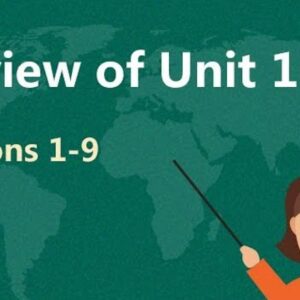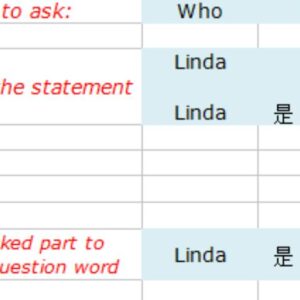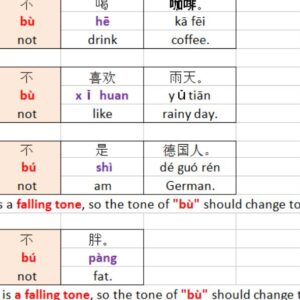Hi and also welcome to Daily Chinese. Today let’s take a look at just how to reveal the different nationalities, such as I am Chinese. And exactly how to ask which country do you originate from? Are you prepared?
Dialogue
| A: 你 是 哪 国 人 ?
Nǐ shì nǎ guó rén ? What’s your nationality? |
| B: 我 是 中国 人 。
Wǒ shì zhōng guó rén . I am Chinese. |
| A: 你 好 , 你 是 哪 国 人 ?
Nǐ hǎo , nǐ shì nǎ guó rén ? Hello, what’s your nationality? |
| B: 我 是 法国 人 。 你 呢 ?
wǒ shì fǎ guó rén , nǐ ne ? I am French, what about you? |
| A: 我 是 中国 人 。
Wǒ shì zhōng guó rén . I am Chinese. |
| A: 杰克 是 哪 国 人 ?
Jiékè shì nǎ guó rén ? What’s Jack’s nationality? |
| B: 杰克 是 德国 人 。
Jiékè shì déguó rén . Jack is a German. |
Vocabulary
| 哪 | nǎ | pron.which, short for 哪个((nǎ gè) |
|
| 国 | guó | n. country |
|
| 人 | rén | n. person or people |
|
| 中国 | zhōng guó | n. China |
|
| 中国人 | zhōng guó rén | n. Chinese person |
|
| 美国 | měi guó | n. America |
|
| 美国人 | měi guó rén | n. American |
|
Expansion
| 你 是 哪 个 国 家 的 人 ?
Nǐ shì nǎ ge guó jiā de rén ? What’s your nationality? (A more casual way of saying“nǐ shì nǎ guó rén?”) |
| 你 从 哪 里 来 ?
Nǐ cóng nǎ lǐ lái ? Where do you come from? |
Grammar
The use of 是( shì )—To be (am/ is/are)
是( shì ) is a verb which means to be, and you can consider it equivalent to “am, is, are” in English. Because Chinese verbs don’t conjugate, 是( shì )doesn’t change to singular or plural forms. No matter you want to say I am, she is, you are or they are, we use the same 是( shì ) after the subject.
Tips: subject + 是( shì ) +noun, that is, subject + verb (be) + object.
For exampe:
| 我 是 法国人 。
wǒ shì fǎ guó rén . I am French. |
| 我 也 学生。
wǒ shì xué shēng. I am student. |
| 我 是 老师。
wǒ shì lǎo shī. I am teacher. |
Which— 哪(nǎ )or 哪个 (nǎ gè)
The Chinese word 哪个 (nǎ gè) is equivalent to “which” in English. And sometimes we can just use 哪(nǎ )short for 哪个 (nǎ gè) if 哪(nǎ ) is followed by a measure word ( The measue word will be introduced in Lesson 21). Today you can simply remember 哪国(nǎ guó) literally means which country.
| subject verb object
wǒ shì zhōng guó rén. I am Chinese person. |
| change the unchanged change to the corresponding question word
subject verb object nǐ shì nǎ guó rén? You are which country person? |




